 Every day has to be some sort of “day” anymore. Today it’s World Intellectual Property Day according to the World Intellectual Property Organization. Here’s what their Director General, Kamil Idris, says, “World Intellectual Property Day is an opportunity to encourage people to think about the role played by intellectual property in everyday life, and about its importance in stimulating and safeguarding innovation and creativity.” They’ve even got a 30 sec video clip you can watch here (WMV file).
Every day has to be some sort of “day” anymore. Today it’s World Intellectual Property Day according to the World Intellectual Property Organization. Here’s what their Director General, Kamil Idris, says, “World Intellectual Property Day is an opportunity to encourage people to think about the role played by intellectual property in everyday life, and about its importance in stimulating and safeguarding innovation and creativity.” They’ve even got a 30 sec video clip you can watch here (WMV file).
The heads up for this comes from Croplife America which says:
CropLife America supports the efforts of its global federation, CropLife International, to create partnerships with regulators and law enforcement to prevent the counterfeiting and piracy of plant science innovations. Counterfeiting crop protection products affects American, Asian and European multinational companies as well as farmers, consumers and the environment.


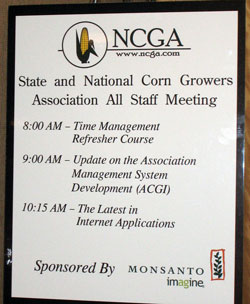 In just a few short minutes I’ll be conducting a blogging and podcasting workshop for the
In just a few short minutes I’ll be conducting a blogging and podcasting workshop for the 
 Last week was the one year anniversary for the
Last week was the one year anniversary for the  The keynote speaker at the
The keynote speaker at the  These virtual exhibitions are very cool. I just
These virtual exhibitions are very cool. I just 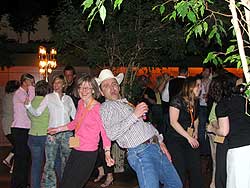 I did make it to the
I did make it to the  From farm broadcaster to
From farm broadcaster to 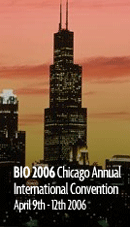 I was just looking over some statistics from my recent coverage of the
I was just looking over some statistics from my recent coverage of the 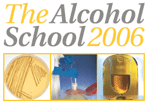 I think most of us know how to handle the consumption thing but what about production? I am going to go out on a limb and say that participants in this “school” must have a great time.
I think most of us know how to handle the consumption thing but what about production? I am going to go out on a limb and say that participants in this “school” must have a great time. 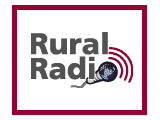 Once upon a time I participated in a conference on international farm broadcasting at
Once upon a time I participated in a conference on international farm broadcasting at